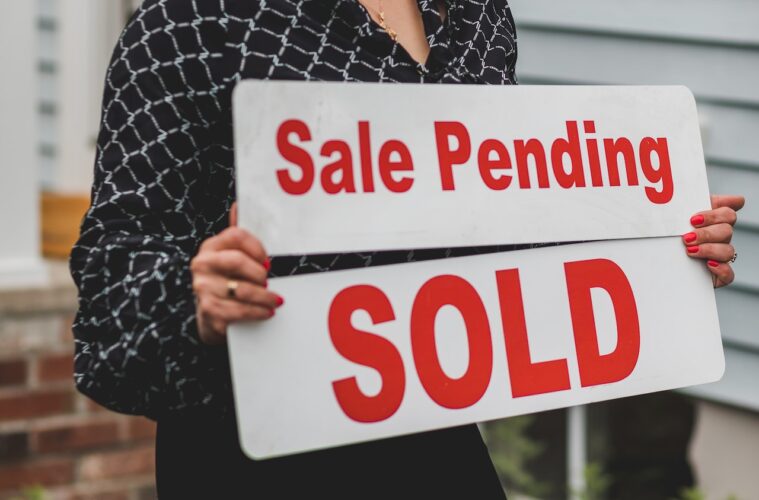Selling your home can be emotional and complex, but it doesn’t have to be a financial headache. With the right planning and smart decisions, you can maximize your profit while minimizing stress. Here are seven financial strategies to remember to get the most out of selling your home.
1. Finding the Right Moving Company
One essential financial move when selling your home is choosing a reputable moving company. A professional moving company guarantees the safe transport of your belongings and saves you valuable time and energy. However, choosing the wrong one can lead to costly damages to your possessions or even theft.
To find a reliable moving company, seek referrals from persons you know who have recently moved, read feedback on the internet, and verify with the Better Business Bureau. Remember to get at least three quotes from different companies and meet with their representatives for an in-house estimate before making a decision. For more moving and storage solutions, click here.
2. Stage Your Home
Staging adds value to your property by presenting it in its most attractive light to potential buyers. This visual marketing technique can help showcase your home’s best features and make it stand out from other listings.
Use the furniture and decorations you already own to rearrange and declutter each room, making them look more spacious and appealing. Consider cleaning, repairing, and painting your walls. Bringing in natural light and adding fresh flowers also enhance the overall look without breaking the bank.
3. Price Your Home Realistically
Pricing your home correctly can make or break the sale, so it’s crucial to get it right. Pricing too high can turn off potential buyers and lead to your home sitting on the market for an extended period. On the other hand, too low could mean leaving money on the table.
To price your home realistically, start by researching comparable homes in your area to see what they are selling for. Take into account any upgrades or unique features that your home may have.
4. Time Your Sale Strategically
The timing of your sale can be affected by various factors such as market conditions, local trends, and even the time of year. Experts suggest that the best time to sell your home is in the spring or early summer when demand is high, and the weather is favorable.
Personal or economic circumstances could also affect the timing of your sale. It’s never a bad idea to conduct thorough research and seek guidance from a qualified real estate expert to ensure you’re making the best possible decision.
5. Make Repairs
One of the key factors in attracting potential buyers is a well-maintained and visually appealing home. Therefore, making necessary repairs and improvements before listing your property is crucial for increasing its value.
To identify necessary repairs and improvements, begin by conducting an extensive assessment of your property. Look for signs of damage and consult with professionals about necessary fixes. Small improvements like repairing broken fixtures, repainting walls, or replacing worn-out carpeting can greatly enhance the overall appearance of your home.
6. Do You Need a Real Estate Agent?
Although working with a real estate agent is the traditional route when selling a property, it may not make financial sense. Real estate agents typically charge commission fees that can amount to thousands of dollars.
Consider selling your home without an agent’s help to save on these costs. To successfully do this, you’ll need to research local property values, create a compelling listing, and handle all negotiations and legal paperwork involved.
7. Market the Home
Effectively marketing your property is essential to a successful and timely sale. Start by creating an eye-catching listing with high-quality photos and a detailed description of the home. Emphasize any unique features or recent upgrades that make it stand out from the competition.
Popular marketing channels include online platforms like social media, property listing websites, and local classified ads. Don’t forget about traditional methods such as newspaper advertisements or word-of-mouth referrals through friends, family, or co-workers.
Another effective strategy is hosting open houses. This will allow potential buyers to experience the property in person and visualize it as their future home, ultimately piquing their interest.
Familiarize yourself with the home selling process to avoid costly mistakes and unexpected delays. To stay organized and on track throughout this process, create checklists and timelines for each stage of the sale. Moreover, if you’re relocating a business as well, consider partnering with companies like Mpac Group to learn more about packaging automation ecosystems tailored to your needs.


